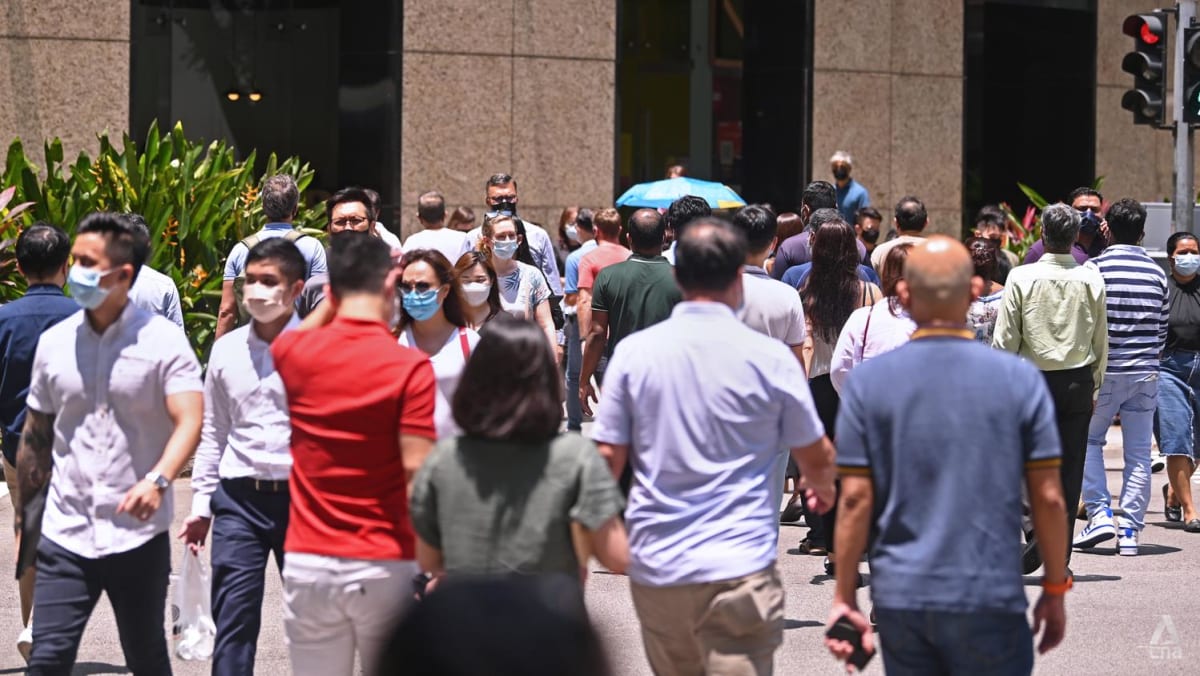
SHORT-SIGHTEDNESS OR DISREGARD FOR EMPLOYEE WELL-BEING?
Perhaps it’s a case of short-sightedness, with employers focused solely on returning to “business as usual” without considering the long-term effects on their employees.
Pandemic changes may have been sudden and profound but they happened only over about three years – a relative blip in many business life cycles. Employers had no choice when workplace capacity limits were in place, but now that they do, corporate inertia moves them to go back to way it has always been.
Or maybe it’s a case of “out of sight, out of mind”. After having to actively engage employees working remotely, do employers think well-being concerns have gone away just because employees are back in the office?
A majority of Singapore workers prefer to continue flexible work arrangements, according to a study by the Institute of Policy Studies which also found that workers have better mental well-being when their work arrangements matched their preferences.
PRODUCTIVITY AND RETENTION
It’s not as if workers haven’t proven themselves to be productive during the pandemic years. Even though the learning curve for remote working was steep, eventual adjustments made one in three employees in Singapore feel more productive since they started working from home, according to a study by Qualtrics.

